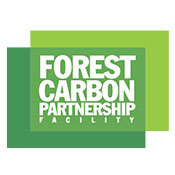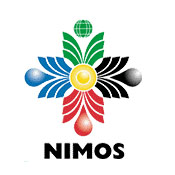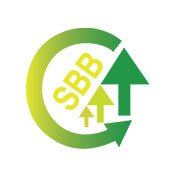The Government of Suriname is sponsor of the REDD+ program. Its role is to adopt the REDD+ strategy, upon finalization, in its national policies. The Government of Suriname was involved in all stages of the REDD+ process in Suriname and emphasized it sees REDD+ as a tool for development for the country.

The Forest Carbon Partnership Facility is donor for the REDD+ program in Suriname. Through its multi-stakholder platform the FCPF assists countries in their REDD+ efforts by providing them with financial and technical assistance in building their capacity to benefit from possible future systems of positive incentives for REDD+.

NIMOS is the implementing partner for REDD+ in Suriname, since 2013. The REDD+ project is therefore managed by NIMOS, under guidance of the Office of the President of the Republic of Suriname. NIMOS will coordinate the activities from all implementing partners of the project, through a Project Management Unit.
Beyond its coordination role NIMOS can also operate as an implementing entity for various activities.
As project manager, NIMOS will provide quarterly and annual progress reports, and coordinate the actions related to monitoring, reporting and evaluation including mid-term and final reports of the project.

SBB is a so-called Responsible Party within the REDD+ Program in Suriname.
Their responsibilities encompass:
This means SBB is responsible for, amongst others, the following deliverables within the REDD+ Readiness project:
SBB will work through its Directory Research and Development including the Forest Cover Monitoring Unit (FCMU), which was established in 2012 with funding from the Amazon Cooperation Treaty Organization (ACTO).
For transparant geographical data on land monitoring system see our online geoportal ‘Gonini’ (est. December 2016).
Contact: [email protected]

UNDP is the delivery partner from the World Bank, meaning they oversee the financial soundness of the REDD+ program and follow the program’s progress in Suriname closely. NIMOS reports to the UNDP.
The United Nations Development Programme (UNDP) is the UN's global development network, advocating for change and connecting countries to knowledge, experience and resources to help people build a better life. UNDP operates in more than 166 countries, working with them in close collaboration on their own solutions to global and national development challenges.
UNDP’s central mandate is to help developing countries build their own national capacity to achieve sustainable human development. As countries develop local capacity, they are more proficient in drawing on the people of UNDP and our wide range of partners. In this and other ways, UNDP helps developing countries to attract and use development aid effectively. In all our activities, UNDP encourages the protection of human rights and the empowerment of women.
At the United Nations Millennium Summit in 2000, world leaders placed development at the centre of the global agenda by adopting the Millennium Development Goals (MDGs), which set clear targets for reducing poverty, hunger, disease, illiteracy, environmental degradation and discrimination against women by 2015. UNDP’s global network connects countries to the knowledge and resources needed to achieve the MDGs, while it also facilitates its partners and the UN System in raising awareness and tracking progress towards these goals.
UNDP has been operating in Suriname since 1994 supporting the Surinamese Government and the people to achieve national goals
UNDP’s substantive focus in Suriname is as follows:
